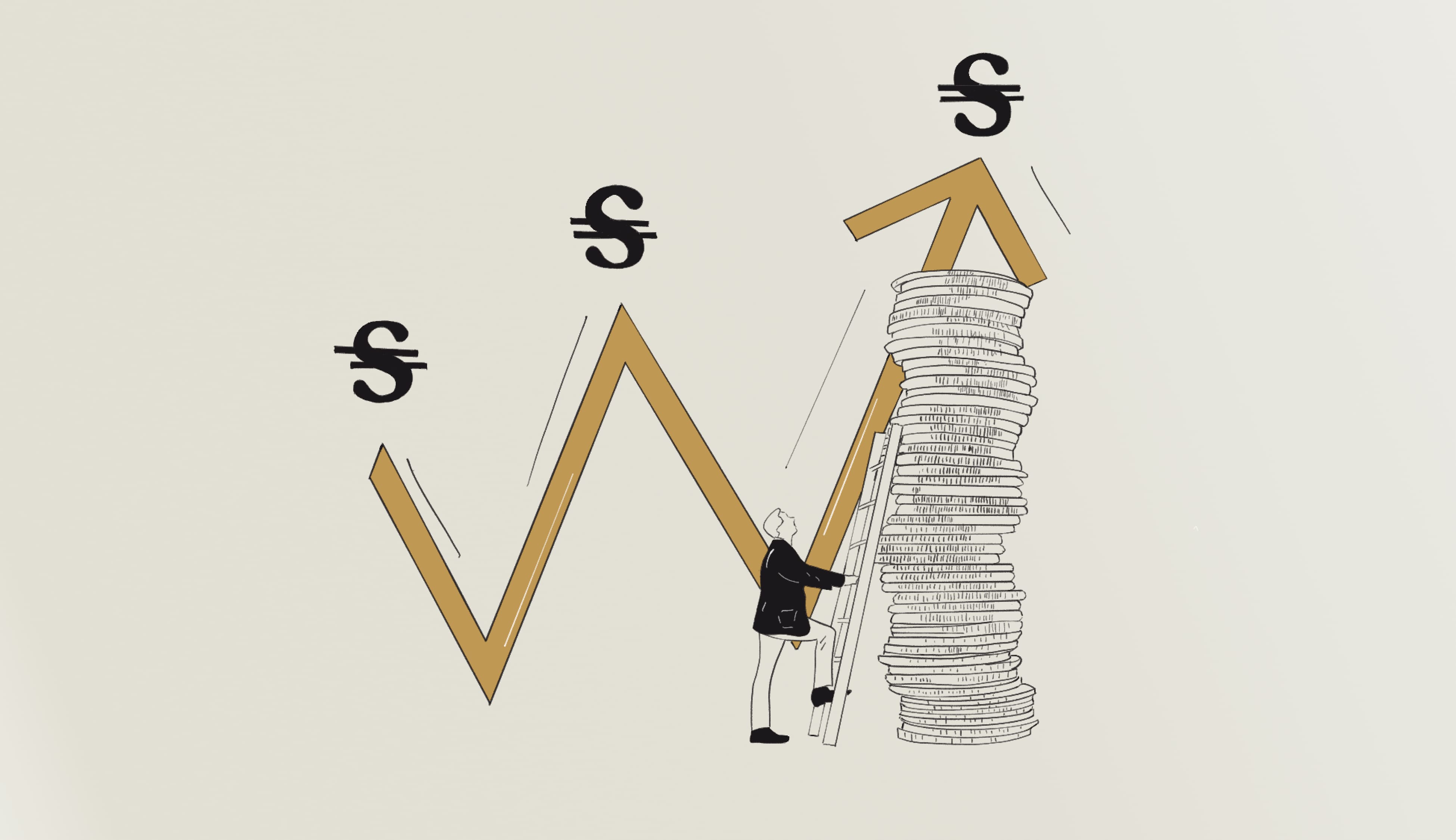How did the war affect the investment attractiveness of Ukraine?
Share this post

According to the European Business Association, the investment attractiveness index in the second half of this year was 2.48 points out of 5 possible. This value is comparable to the analytics of 2020, when the coronavirus pandemic was in its most active phase. According to the survey, half of top managers consider the investment climate unfavorable and only 5% believe the opposite. It should be noted that the indicators were worse in the summer. In this blog, we will look at how the situation has changed and what impacts the investment climate the most.
It is worth mentioning that back in August, a similar study showed the lowest index since 2013 — 2.17 points. The negative factors were the continuation of hostilities, corruption, and problems in the judicial system. At the same time, among the positive changes were noted: the status of candidate for EU accession, the abolition of duties and quotas for Ukrainian exports, as well as transport visa-free regime with the European Union. It can be noted that despite the full-scale war, Ukrainian business has a good margin of safety.
Dynamics of investment attractiveness of Ukraine. Source: EBA
Comparing the situation and factors of influence on business in the first half of the year with what we have now, we can draw several conclusions. Military actions still remain the main factor that has the greatest negative effect on the investment climate. The second negative condition is now attacks on energy infrastructure, and corruption is now in third place. The main positive factors of the investment climate have remained unchanged since the first half of this year.
Expectations for the next six months are not very optimistic, as only 22% of directors of large companies expect the situation to improve. At the same time, 99% plan to continue working in Ukraine despite all possible risks, and 63% are even going to continue investing in the national economy. It should also be mentioned that even in the case of a prolonged blackout, 72% of companies are not going to leave the Ukrainian market. Most of them rely on autonomy and alternative ways of communication to continue their work.
The NBU identifies power outages as the second most important factor that affected business. Some businesses have adapted to the power supply restrictions, but the recovery of economic activity after the start of the full-scale invasion has stopped. Other businesses were forced to stop or reduce their activities. While small and medium-sized companies are able to provide themselves with electricity through generators, large industries do not have such an opportunity. The industry, metallurgical and mining enterprises, is considered to be the most affected by the missile strikes.
Index of business activity expectations. Source: NBU
Constant missile strikes have caused the economy to be forecast to fall more in 2022 and the forecast for the following year to become worse. Obviously, this situation in the energy system is not favorable for investment and will impact the mood of business owners. Although now we see improvements — there is a hard winter ahead, but temporarily reducing consumption will be quite possible to overcome it. According to the forecasts of energy experts, consumption will decrease with the end of winter, this will stabilize the situation in the energy sector. After that, we can expect that it will be a factor in improving investment attractiveness.


